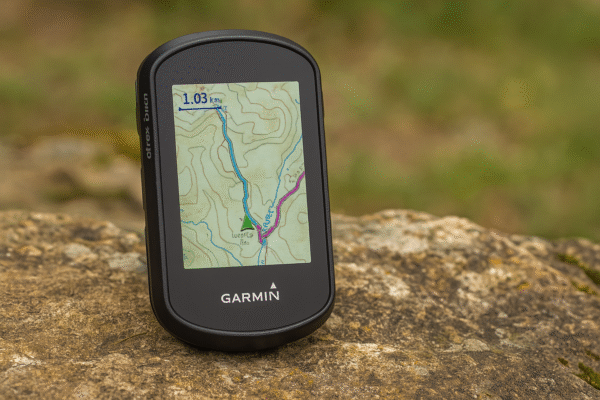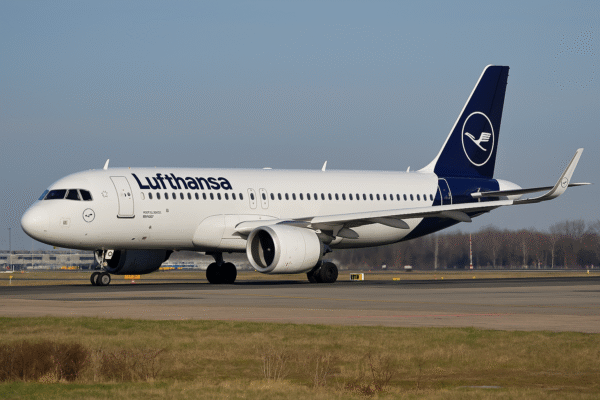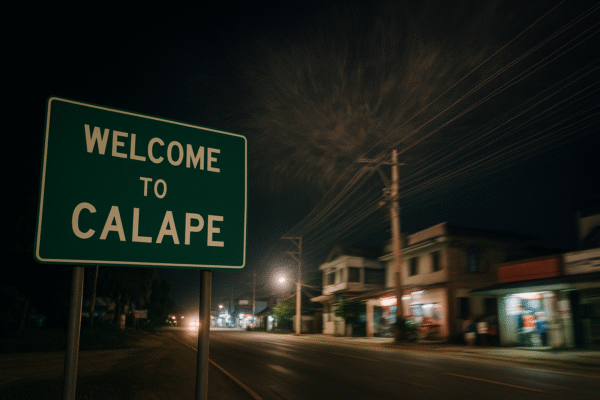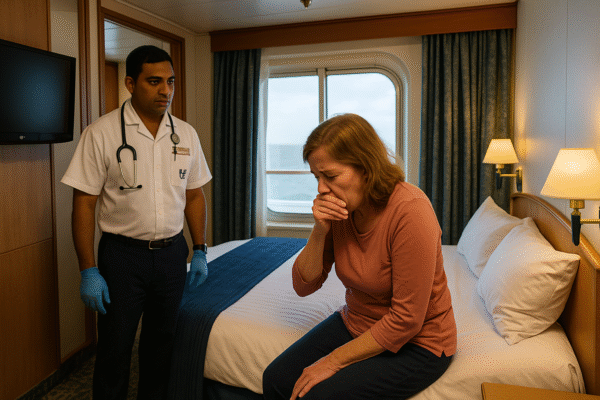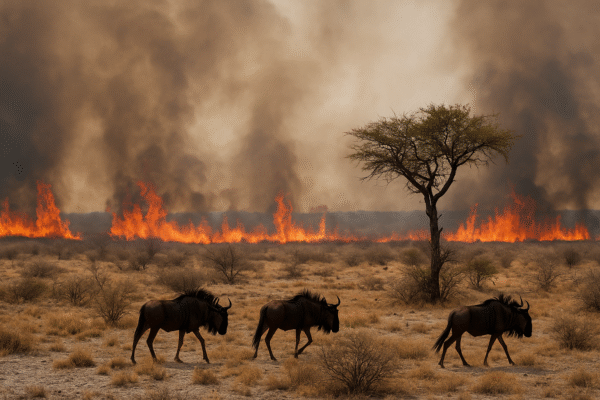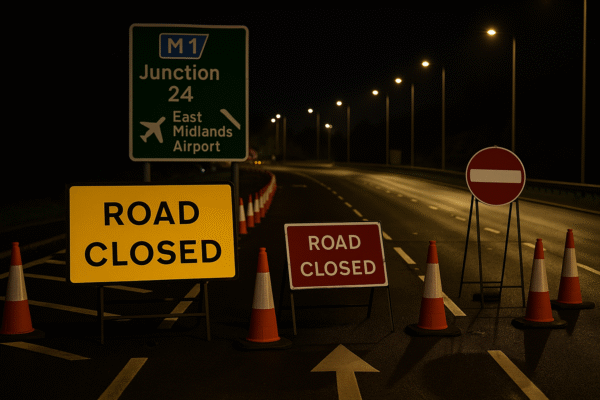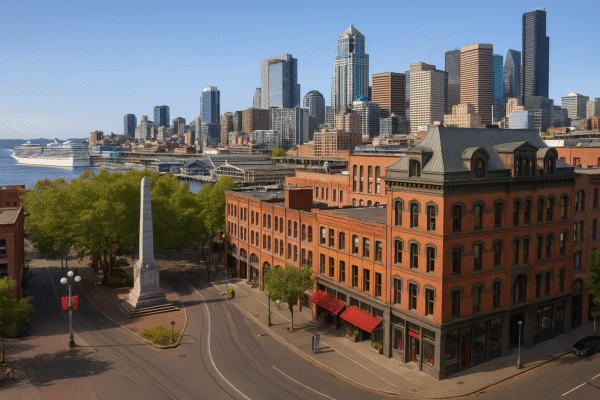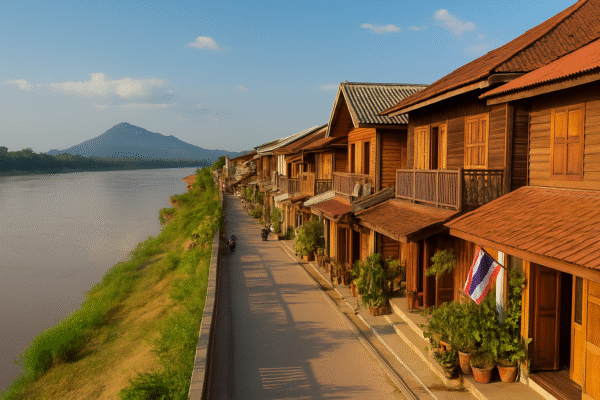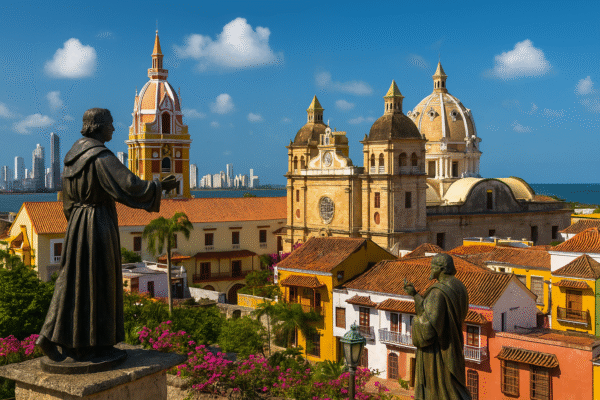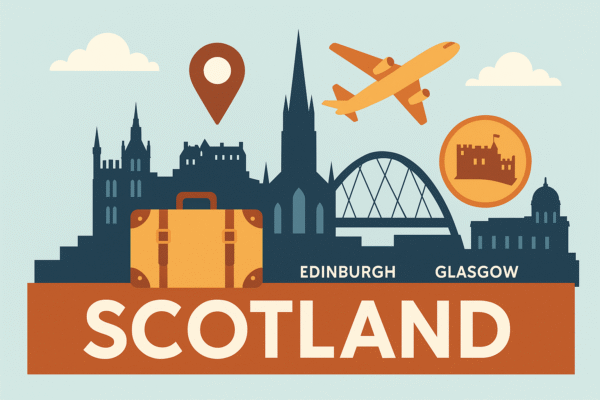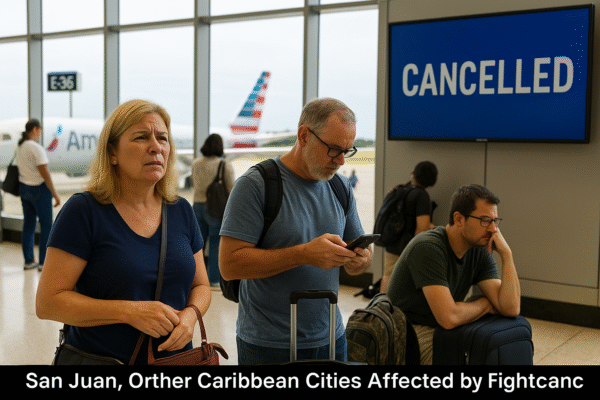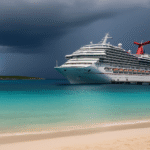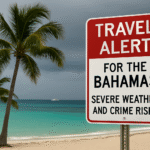The U.S. Department of State has issued a travel advisory urging U.S. citizens to reconsider travel to Madagascar. This alert follows rising crime levels and political unrest that threaten the safety of international travelers. The African island nation, known for its unique biodiversity and stunning landscapes, faces growing instability that raises significant concerns for tourists.
Madagascar continues to attract adventure seekers and eco-travelers, yet the current environment demands heightened awareness and careful planning. Political protests, social unrest, and criminal activity have made conditions unpredictable and dangerous for visitors.
Political Unrest and Protest Movements
In recent months, several regions of Madagascar have witnessed frequent demonstrations. Protests often begin peacefully but quickly escalate into violent confrontations. Rioting, looting, and property damage have become common, while clashes between protesters and law enforcement grow increasingly intense.
Unrest frequently erupts after nightfall, creating dangerous conditions for travelers caught in the area. Demonstrations may not always be scheduled or announced, which means foreign visitors could encounter unrest without warning. Authorities often respond forcefully, making the situation even riskier for bystanders.
Travelers should avoid all large gatherings and political demonstrations. Tourists must remain indoors during periods of unrest and plan emergency routes that do not depend on U.S. government evacuation assistance, as logistical challenges may delay rescue operations.
Escalating Crime in Urban and Rural Regions
Beyond political unrest, violent crime poses a major threat to both residents and visitors. Armed robberies, assaults, and home invasions occur regularly, especially after dark. Criminal gangs target urban centers as well as rural communities, making the risk widespread.
In the southern and western regions, criminal groups known as Dahalo engage in cattle rustling and violent attacks against both civilians and security forces. These gangs often operate along major highways, creating dangers for travelers moving between cities. Tourists face risks not only on the roads but also in crowded areas where thieves often strike.
Travelers should avoid walking alone at night, remain cautious when moving between cities, and secure personal belongings at all times. Opportunistic crime such as pickpocketing and vehicle break-ins also remains common.
Safety Measures for Travelers to Madagascar
Those who choose to travel despite the advisory should follow strict safety practices:
- Avoid Protests and Public Gatherings
Stay away from demonstrations, which can escalate quickly into violence. Monitor local updates and avoid known protest sites. - Develop Emergency Plans
Prepare independent evacuation routes and ensure access to private transportation in case of sudden unrest. - Stay Informed
Follow local news outlets and maintain contact with the nearest U.S. embassy or consulate for updates on security conditions. - Limit Night Travel
Violent crime increases after dark. Avoid isolated or poorly lit areas and never walk alone at night. - Exercise Caution on Roads
Road travel, particularly between cities, poses risks after nightfall. Stick to reputable transportation providers and avoid remote highways when possible. - Secure Valuables
Keep valuables hidden and use hotel safes for important documents. Stay alert to theft tactics such as distractions in traffic or crowded spaces. - Avoid Displaying Wealth
Expensive jewelry, watches, and cash make tourists more vulnerable. Maintain a low profile to reduce attention from criminals.
Recommendations for U.S. Citizens Abroad
U.S. citizens traveling in Madagascar should take several additional precautions:
- Purchase Travel Insurance: Ensure policies cover medical emergencies, trip cancellations, and evacuation support.
- Enroll in STEP: The Smart Traveler Enrollment Program (STEP) provides security alerts and allows embassies to contact travelers in emergencies.
- Practice Situational Awareness: Stay alert to surroundings, especially in areas where tourists gather. Opportunistic crime thrives in crowded marketplaces and transportation hubs.
Health and Medical Considerations
Before departure, travelers should consult health advisories and ensure vaccines and medications remain up to date. Madagascar continues to face health challenges, including outbreaks of mosquito-borne diseases. Comprehensive health insurance that covers overseas treatment and evacuation is essential, as local facilities may lack resources for emergencies.
Tourists should carry necessary prescriptions, use bottled or filtered water, and follow recommended preventive health measures.
Madagascar’s Tourism at a Crossroads
Madagascar remains a destination with extraordinary natural beauty. From its world-famous baobab trees to its rare lemur species, the island attracts travelers passionate about nature and cultural discovery. However, the current climate of instability threatens the recovery of tourism, an industry vital to the country’s economy.
While the government seeks to stabilize political tensions and strengthen security, tourists must evaluate the risks carefully before making travel plans. Responsible travel during this period means following safety advisories, maintaining discretion, and preparing for unexpected changes.
Conclusion: Exercise Maximum Caution
The U.S. travel advisory highlights the seriousness of Madagascar’s current situation. Tourists must weigh the risks of crime and political unrest against the rewards of visiting this remarkable destination.
Those who travel should stay vigilant, remain flexible, and follow strict safety precautions. Conditions may change rapidly, and preparedness will make a significant difference. At this time, Madagascar offers adventure and beauty, but travelers should proceed with extreme caution.
For more travel news like this, keep reading Global Travel Wire


